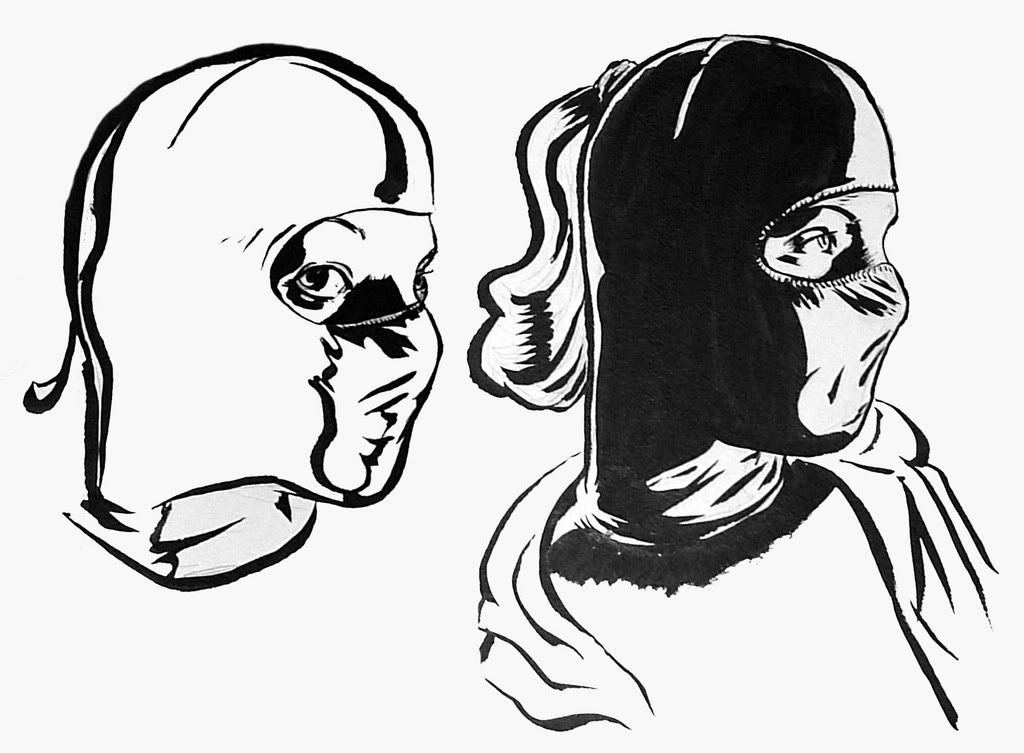After having trouble doing a formalist poem, I decided to find another poem to replicate. The poem "Going Blind" really hit home with me. My father started to lose his hearing when he was in the Air Force based in Okinawa during the Vietnam War, so throughout my life I have seen the progression and the way the hearing goes and the way people try to make up for the loss. I was a little hesitant about writing it about such a similar thing, but the idea came as soon as I read "Going Blind" and I was inspired.
GOING BLIND
What happens is that one eye loses interest.
His children's faces look like painted plates.
His wife walks into the wallpaper and the cat
disappears completely.
He doesn't tell anyone. He doesn't complain.
He calls it his bad eye and gets used to it.
The other eye sees better than before.
Nothing is difficult.
When he sees nothing with the eye he closes it
to watch the shapes that float behind shut lids.
Still there a candle in the window lightning over water.
His talent is for special effects.
He quits his job and seldom leaves the house.
The good eye shifts to heroic scale.
Each day he wakes to catch a different scene.
The patterns are landscapes unpeopled and remote
places he has never seen. These are the hills of Samarkand
he thinks the Costa Brava Patagonia
there is so much to see.
He can easily ignore three whiskers thick as broomsticks
and his own life-sized reflection in the closing green ellipse
pleading Feed me. Feed me.
© by Annette Basalyga
So I attempted to replicate it:
GOING DEAF
First, it is just an added hum.
The hum overshadows other sounds:
The shouts of the children are mere words
thrown at one another, the wife’s dialogue
is blocked out by the uncontrollable hum.
He shrugs it off. It’s just the way things go,
he tells himself. The other ear will just work overtime.
Everything is normal.
When the audio from the television miss the ear,
the hand rises, scooping up the noise
like one scoops up water from a river to drink.
Social gatherings are harder, with noise attacking the one ear
from every direction, while the other continues on with it’s vacation.
The excuses start. Why leave the house
when we have invigorating company right here?
The right ear trundles on.
The hearing becomes selective.
The left ear learns when to tune in
and when to carry on in its own thoughts.
The ear hears what it wants to hear.
Regular conversations would sound like shouting matches
to anyone outside the house.
Repetition becomes a way of life.
The right ear begs the left ear to pay attention,
but the left ear is gone.
Like Melanie, I also had a hard time to find a poem I didn't like, so did Ed's poem choice for last week, "34-Counter" (no offense Ed). I chose it because I really dislike football for several reasons and therefore dislike most things dealing with it. Here is that poem:
34-COUNTER
There is something in the silence
between huddle and the line.
Somewhere between tickling sweat
trickling down the plinko-board hair
on our arms, the dog breath panting through
full-caged masks, the calls of eagles, audibles
of confusion, some place where within this war
there is a much needed turning point.
There is no cold, no numb, no pain, no guilt;
in the silence exists just grass, lines, us
and the enemy. The trick lies in not leaning
when pulling, to play it bluffed, and when
the cadence beats, the hike comes, the steamroll takes
hold, guard and tackle, foot-for-foot, toe-to-heel,
belly out the war cry of the single greatest
tool in ground-to-ground warfare.
© by Jason Huskey
Here is my parody:
34 – COUNTER
(Whatever that means)
There is something in writing poems
among sports fans.
Somewhere between references
that go over some people’s heads
who do not enjoy the sport, the language
of the sport that some people may not
pick up on, some place within this poem
there is a much needed explanation.
There is no point, no goal, no deeper meaning;
in the poem exists just references, sports analogies,
that are only useful to people who are in-the-know.
The trick is to possibly lead the unaware reader
that they’re reading about something else,
and when a sports fan reads it, the explanation comes.
The realization takes hold, wonderment and astonishment.
Belly out the frustration of the single greatest
agony of reading a poem about football.
And here is my attempt to replicate it:
PHILLIPS
There is something in the silence
in the moments before mounting the beam.
Somewhere between the butterflies
fluttering next to the stomach lining,
the shaking hands that in moments will need
to be still, the sound of judges announcing
previous scores, some place where in the body
something needs to take control.
There is no time to worry, no time to feel previous pains;
in the silence exists just the beam, the chalk,
and me. The trick lies in not just leaping on
when the salute is given, to take that extra moment, and when
the footsteps beat against the mat, the mount arrives, the control takes
hold, flip and leap, hand over head, feet pointed always,
belly out the sigh of relief of sticking the mount
and saluting the judges before the shaking returns.
Subscribe to:
Post Comments (Atom)

No comments:
Post a Comment